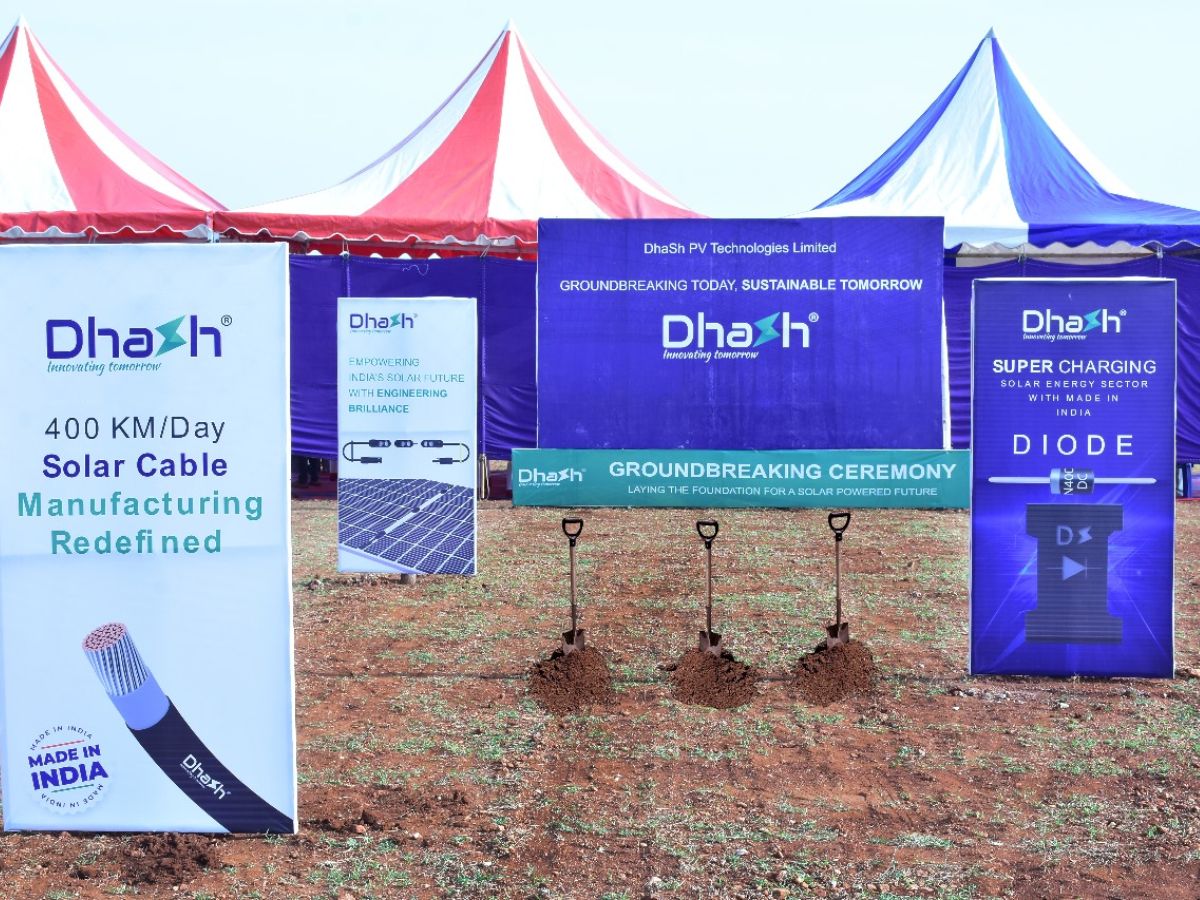Union Budget 2025 Unveiled: Tax Relief, Startup Support, and Rural Health Initiatives
Surat (Gujarat) [India], February 5: India’s Union Budget for 2025, presented by Finance Minister Nirmala Sitharaman, introduces significant measures aimed at bolstering the startup ecosystem, enhancing rural health and hygiene, advancing skill development, and providing substantial tax relief to taxpayers.
Startup Ecosystem Enhancement
In a landmark move, the government has abolished the ‘angel tax’ on investors funding startups. This tax, introduced in 2012 to curb money laundering, had been a significant hurdle for early-stage companies and their investors. Its removal is expected to stimulate innovation and attract more investment into India’s burgeoning startup ecosystem.
Additionally, the budget proposes the establishment of a Fund of Funds for startups, with a government contribution of ₹10,000 crore. This initiative aims to provide financial support and encourage entrepreneurial activities across the country.
Rural Health, Hygiene, and Skill Development
The budget places a strong emphasis on rural development, particularly in health, hygiene, and skill empowerment. A six-year mission to boost pulses output and a five-year mission for cotton production have been announced, aiming to enhance agricultural productivity and support farmers.
To address skill development, the government plans to establish five national skilling centers to enhance skilled manpower for manufacturing. These centers will focus on equipping the rural workforce with the necessary skills to participate in and benefit from the manufacturing sector’s growth.
Taxpayer Benefits
In a significant relief for the middle class, the budget raises the threshold of the nil tax slab for income tax payers to ₹12 lakh per annum. For salaried taxpayers, this threshold is effectively ₹12.75 lakh, considering the standard deduction. The revised tax slabs are as follows:
- Income up to ₹4 lakh: Nil
- ₹4 lakh to ₹8 lakh: 5%
- ₹8 lakh to ₹12 lakh: 10%
- ₹12 lakh to ₹16 lakh: 15%
- ₹16 lakh to ₹20 lakh: 20%
- ₹20 lakh to ₹24 lakh: 25%
- Above ₹24 lakh: 30%
This restructuring is expected to boost consumer demand by increasing disposable incomes.
Conclusion
The Union Budget 2025 reflects the government’s commitment to fostering a conducive environment for startups, improving rural health and skill development, and providing substantial tax relief to taxpayers. These measures are anticipated to stimulate economic growth, enhance the quality of life in rural areas, and empower individuals through skill development initiatives.
Disclaimer: Views expressed above are the author’s own.





